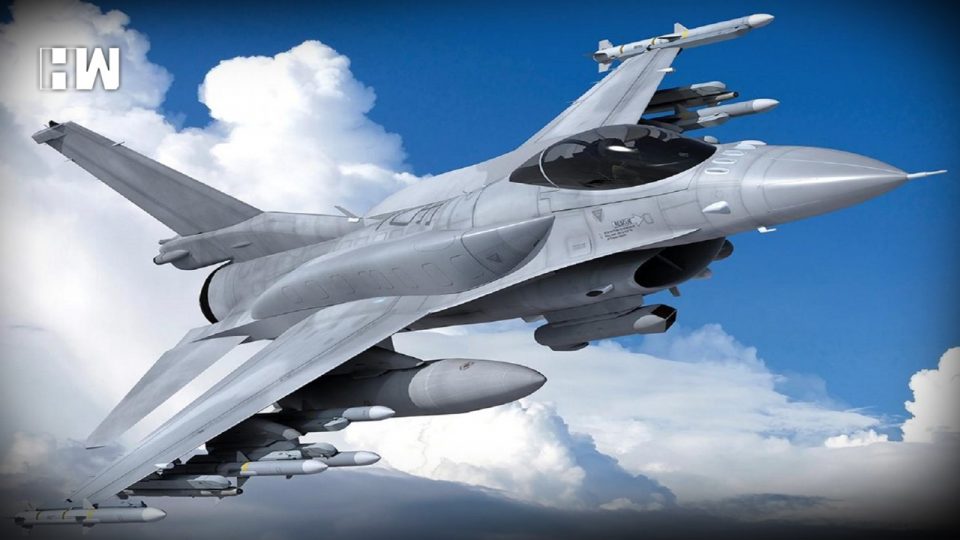The conflict between India and Pakistan, in the aftermath of the Pulwama attack and the retaliatory strike by the IAF thereafter, on the terror camps in Pakistan, has been escalating. With no nation supporting Pakistan, it is clear that the world has lost patience with it and is in no mood to tolerate the state sponsored terrorism of Pakistan. The obvious question that arises, as shelling increases on the border is whether it will lead to a full scale conventional war and what will be the financial costs of such a war. This issue matters for India, which is fast growing economy and is in pursuit of progress, though certainly not for Pakistan, which has a sick and rotten economy, struggling to survive and whose PM goes around with a begging bowl. It more so does not matter for Pakistan, which spends more than 10% of its GDP on its armed forces and on funding the terror outfits that it sponsors. Whether you fund terror which Pakistan does, as a part of its state policy, or you pursue war, the financial consequences are the same. Pakistan will thus not hesitate to engage in a war with India, even though its economy is doddering and war will only make it poorer. To India, it however does matter, to not pursue a war, unless it is compelled to do so.
Keeping all the collateral damages, destruction and costs aside, let us estimate the financial cost of a war, that India would incur, if Pakistan chooses to go to war. The figures are interesting and the cost of war, in the form of military hardware and ammunition, fuel, ration, medical supplies, attrition etc. has been shooting up year after year. The 3 month war in 1948, when the Indian army drove away the Pakistani infiltrators in the Drass Kargil sector, costed us a mere couple of crores, which too was a huge cost then for India. The 14 day 1971 war costed us Rs.200 crores per week, as per official figures. It was estimated at Rs.650 crore per day in 1990. The estimated cost of the Kargil war, which was not a full blown one is said to have been Rs.10,000 crores. In fact the two month military escalation in Dec.2001, which was not a full scale war is estimated to have costed USD 600 mn to India. In 2003, it was estimated that a war with Pakistan, will cost us Rs.1,460 cr. per day, which escalated to an estimate of Rs.5,000 cr. per day in 2016, in the aftermath of the Uri attack. At this rate it is estimated that the total cost of a two week war between India/Pakistan, at present, would be in the range of at least Rs.15,0000 crores, which would directly add to our fiscal deficit and empty our treasury to that extent.
In addition to these financial costs, there are many other side effects, which will result in a huge setback to the Indian economy. FDI inflows will recede, inflation will shoot up, fiscal deficit will go up sharply, the rupee will depreciate to as low as Rs.90-100 to a dollar, infrastructure investment will take a back seat, India’s GDP growth will slow down and India’s credit rating will be downgraded, resulting in a higher cost of borrowing. The Indian economy, which is on a roll at the moment and is the world’s fastest growing large economy, will see a huge slowdown in its growth momentum.
The real cost of the war is the loss of lives, destruction of social infrastructure and human suffering. It is estimated that over 100,000 Indian families have suffered direct human costs in the four wars with Pakistan. We are cursed with a neighbour that believes in war. The Pakistani Prime Minister, late Z. A. Bhutto had publicly pledged to conduct a 1,000 year war with India, to which India’s pacifist and meek Prime Minister V P Singh retaliated, would be over in a 1,000 hours. But when it comes to such a situation, throwing out the enemy is top priority for the nation and cost benefit analysis is immaterial, even if our economy may suffer a temporary setback.
As an independent media platform, we do not take advertisements from governments and corporate houses. It is you, our readers, who have supported us on our journey to do honest and unbiased journalism. Please contribute, so that we can continue to do the same in future.

